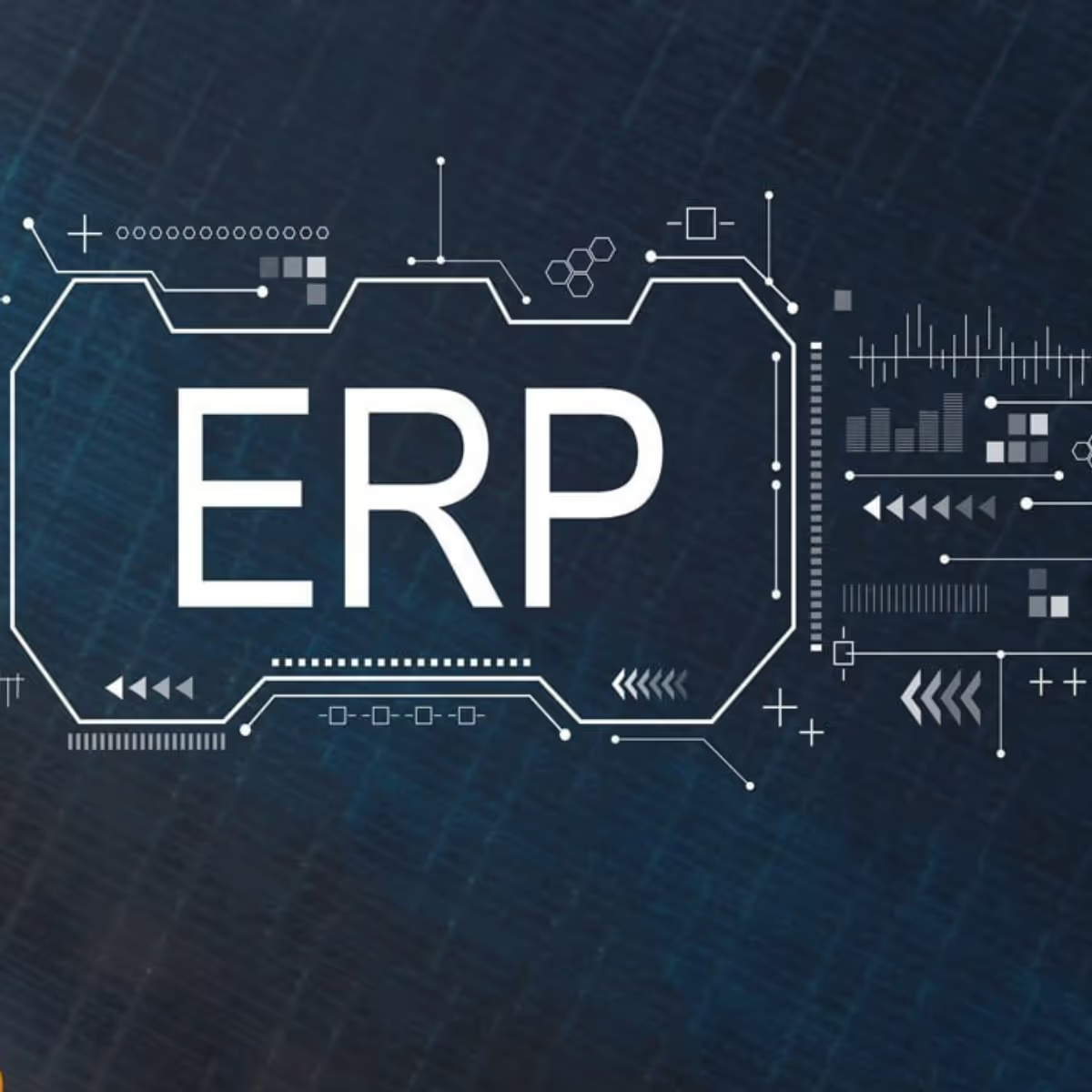1. Az egyedi ERP fejlesztését igényfelmérés előzze meg
Minden vállalat több osztályból és alosztályból áll, ahol az emberek számos különböző pozíciót töltenek be. Ezért az ERP-nek több tucatnyi különböző munkafolyamatot kell összefognia, amit egyetlen döntéshozó vagy felsővezető sem képes átlátni.
Az ERP fejlesztése előtt érdemes osztályszintű felméréseket végezni. Ez történhet körlevél vagy meeting formájában, a lényeg, hogy minden területről legyen egy kolléga, aki priorizálja a többiek elvárásait.
Az egyedi ERP fejlesztés lehetséges üzleti igényei lehetnek
● must have funkciók, amelyek az ügyfelek kiszolgálásához elengedhetetlenek,
● fontos megoldások, amelyek felgyorsítják vagy optimalizálják a munkavégzést,
● kiegészítő, “jó, ha van” elemek, amelyek kényelmesebbé teszik a feladatok elvégzését,
● egyelőre prioritást nem élvező kívánságok, amelyekre jelenleg mindössze 1-1 munkatársnak van szüksége.
Az összegyűjtött igényeket már az első találkozók egyikén érdemes átadni a fejlesztőknek, mert így a tervezés gördülékenyebb, ezáltal a kivitelezés is gyorsabb és pontosabb lehet.
2. Az ERP-be kerüljenek ágazatspecifikus megoldások
Legyen szó egy több tízezres raktárkészlettel rendelkező webáruház leltári nyilvántartásáról, vagy egy online időpontfoglaló rendszer elektronikus számlákat előállító háttérrendszeréről, az ERP minden vállalat esetében különböző célok elérését támogatja.
Mivel már az időpontfoglaló rendszerek is ágazatspecifikus adatokat kérnek be a felhasználókról (pl. szépségipar, egészségügy vagy felnőttképzési terület), ezen információk kezeléséhez is hasonlóan egyedi ERP-re lesz szükség. Habár ez valamivel komplexebb fejlesztést igényel, mint a dobozos megoldások, nagyobb eséllyel is növeli az ügyfélkapcsolatok minőségét.
3. Az ERP fejlesztés használja ki a mesterséges intelligencia lehetőségeit
A mesterséges intelligencia automatizmusok ma már megkerülhetetlenek az ERP fejlesztésben, mert nemcsak időt, hanem pénzt is megtudnak takarítani a cégnek.
Az egyedi ERP fejlesztésbe integrált mesterséges intelligencia
● a tanulási folyamat után önállóan is képes a bérszámfejtésre és a könyvelésre,
● ok-okozati összefüggéseket keres a cég heti, havi vagy éves jelentései között,
● ismert és előre jelzett ügyfélkapcsolati sémákkal segíti a marketinget,
● valós idejű készletkövetéssel optimalizálja a vállalat kiadásait.
4. Legyen idő az alapos tesztelésre
Míg egy egyedi ERP fejlesztésekor rendszercsere esetén pontosan meghatározhatók, mit kell megtartani, és mi az, aminek mennie kell, addig az első elektronikus vállalatirányítási rendszerben több időre van szükség, hogy a kollégák kitapasztalják, mire van szükségük.
Pontosan ezért már az ERP tervezésekor érdemes MVP (azaz egy rendkívül gyorsan elkészíthető, első működőképes prototípusban) gondolkodni, amelyet a különbözőosztályok kijelölt munkatársai már a fejlesztés közben használhatnak.
Az MVP legnagyobb előnye, hogy a visszajelzések alapján sokkal pontosabban fejleszthető tovább az ERP, és a tesztelők később a többi munkatárs betanítását is fel tudják gyorsítani.
Ráadásul minél korábban kerül bevezetésre az ERP, annál hamarabb meg is tud térülni.
5. Az ERP fejlődjön a céggel párhuzamosan
Az egyedi ERP-k fejlesztése jellemzően hosszú távú együttműködés, mert egy meglévő rendszer bővítése mindig egyszerűbb és pénztárcabarátabb, mint 1-2 évente egy teljesen új szoftver létrehozása.
Az AP4 DIGITAL-nál a lehető leggyorsabban létre tudjuk hozni az újonnan alakult alosztályok feladatköreit, valamint igény szerint a telephely-bővüléssel járó modulokat, és a folyamatosan megújuló szolgáltatási- és termékpalettát is bármikor tudjuk frissíteni.
AP4 DIGITAL tipp: Válassz felhő alapú ERP szoftvert, hogy a cég céljait támogatófejlesztések évek múlva is gazdaságosak és gyorsak maradjanak.
Az üzleti igényeknek leginkább megfelelő ERP rendszert keresed? Bízd a fejlesztést az AP4 DIGITAL csapatára!





